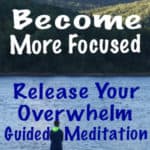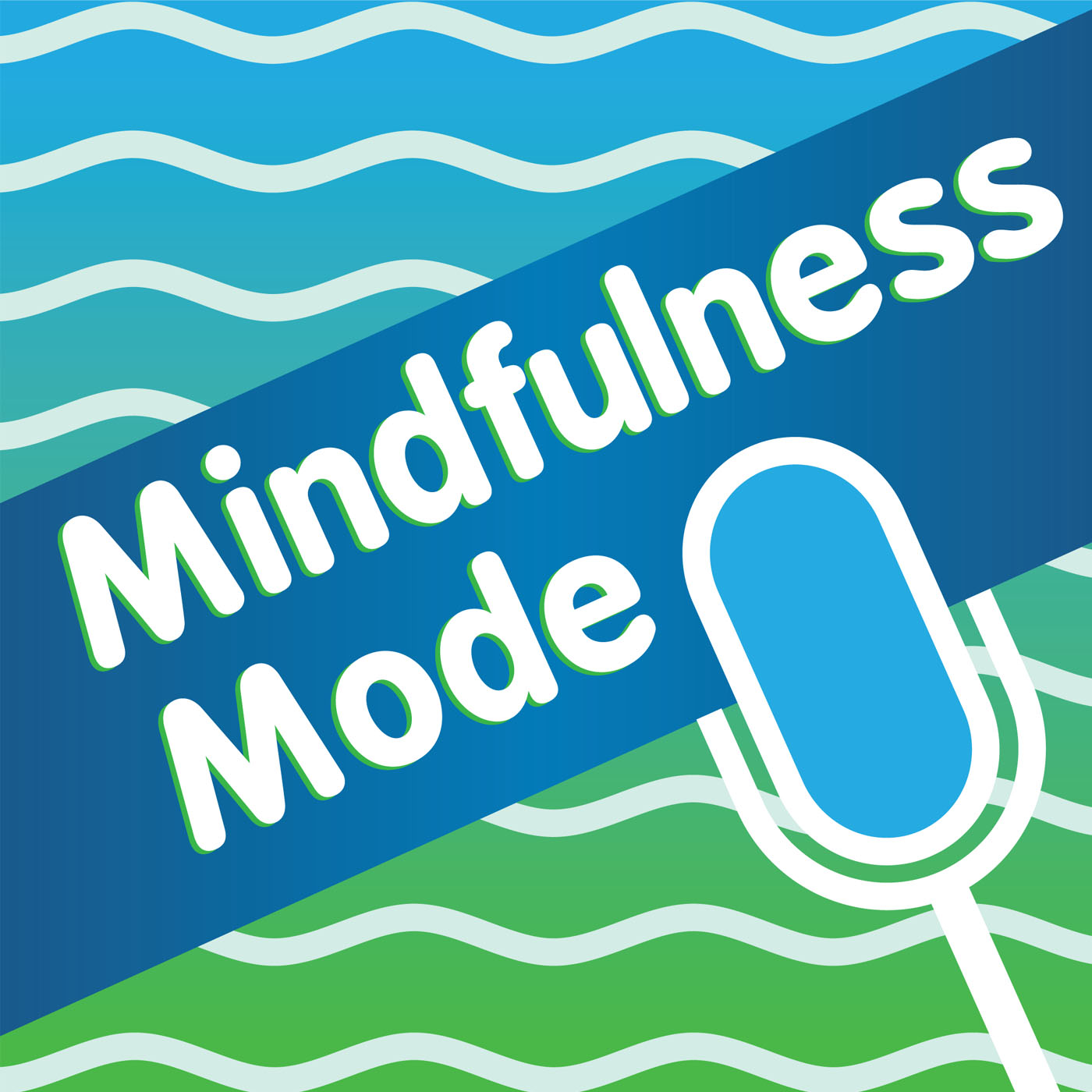
Thais Gibson is the ‘Personal Development School' founder and is well-known for her research and teachings on Attachment Theory. Thais explains how attachment impacts limiting beliefs, emotional patterns, and subsequently, romantic relationships. Her book, The Attachment Theory Guide, was written on this topic and her Youtube channel often focuses on educating people on how to subconsciously reprogram this area of their lives. The Personal Development School is an interactive online learning platform enabling users to create long-lasting change in every area of life. Thais overcame addiction issues in her early years and as a result, is determined to educate exactly how the mind can be reprogrammed.
Listen & Subscribe on:
iTunes / Stitcher / Podbean / Overcast / Spotify
Contact Info
- Company: Personal Development School
- Website: PersonalDevelopmentSchool.com
- Book: Attachment Theory by Thais Gibson
- YouTube: Personal Development School – Thais Gibson
Most Influential Person
Effect on Emotions
- “Mindfulness helped me understand my emotions and become fully present.”
- “When we disidentify, fall behind our emotions and we observe them instead of identifying and get wrapped up in them, it's the first time we're being fully present with ourselves.”
Thoughts on Breathing
- “Breathing is so important for me personally because it's grounding.”
Suggested Resources
- Book: A New Earth by Eckhart Tolle
- Book: The Surrender Experiment by Michael Singer
- Book: The Untethered Soul by Michael Singer
- Book: Attachment Theory by Thais Gibson
- App: Headspace
Related Episodes
- 427 Attachment Theory and Mindfulness; Gary Salyer
- 231 Practice Non-Attachment for Mental Health; Dr. Russell Jaffe
- Unlearn Anxiety and Depression; Dr. Joe Luciani
Personal Development School
- The Personal Development School understands what it is like to feel as though you want to make a change in your life but may not have the tools. They offer a wide variety of in-depth courses and interactive workbooks that teach you everything you need to know to transform into the best version of yourself.
- Courses from The Personal Development School range from Overcoming Your Anxiety, to Creating a Money Mindset, to Healing Your Relationships.
- At The Personal Development School, you will have the opportunity to learn from Thais Gibson who is a published author and leading expert in her field. She created cutting-edge techniques that target the subconscious and conscious mind concurrently to create true and long-lasting change in the lives of those she works with.
- The Personal Development School community is filled with thousands of success-oriented individuals that can connect directly with Thais and one another to learn, grow and significantly improve every aspect of their life.
Offer From Bruce

Episode TranscriptNote: The following transcript is a draft transcript, and as such, may contain computer-generated mistranslations. |
Bruce Langford:
So it's not an easy task to reprogram the mind, is it? Where do we start?
Thais Gibson, Personal Development School:
You know, I think it's such a powerful question you're asking. And I think, you know, one of the things that I've found as a person and in sort of the Western healthcare model, there's so many beautiful, wonderful things about our Western healthcare system. But there's also, you know, especially in the psychological arena, is often a lot of, you know, therapeutic techniques to deal with the conscious mind specifically. And we can't out-will or overpower the subconscious mind with our conscious mind, which means, you know, we can often find ourselves sort of hitting these walls and what we're trying to create or, or having new habits in our lives or you know, for myself personally, a huge wall that I felt was really not wanting to be an addict and really wanting to get sober and live a normal life and just feeling like as much as I wanted that at a conscious level, my subconscious just kept going back towards these patterns.
Thais Gibson, Personal Development School:
And before I understood the difference between the conscious and subconscious mind, I experienced that as a war within myself. And I feel like everybody's sort of had that to a certain degree. Maybe they want to go to the gym or eat healthier and they've got that more within themselves or maybe it's you know, something they want to be more productive or, or stop self sabotaging their relationships and they keep sort of falling back into those same ruts or those same patterns. And usually what that's a reflection of is that our conscious mind has one intention and our subconscious mind, which always basically wins in the end has a different set of rules that it's playing by.
Bruce Langford:
I want to ask you back when you had those addiction issues, had you already studied attachment theory or did that come later? That came much later.
Thais Gibson, Personal Development School:
So for me, I actually became an artist at 14 years old. I was just turning 15 it was after knee surgery. I was an athlete and, and was trying to get a soccer scholarship to go away to school. And I just, I think because of some early stuff, consciously started traumas I had and some unresolved emotional issues just from, you know, basically related to attachment trauma, big time, aye. I got addicted to my painkillers. I just, I really liked the feeling. I felt like they made me feel normal and like I could handle life better. And then I had somebody come along soon after and say that they're a performance enhancer and you know, it's a good thing. It's very long story, but basically the same person ends up selling them to me. And, and you know, I was a kid, I didn't really know what was going on, but I knew that life sort of became easier.
Thais Gibson, Personal Development School:
And I spent a lot of time very, you know, at a very early age being like, I can't live like this. Like this is, it was very painful. And, and you know what would say if you've ever really experienced addiction. It's one of few things that I think can really like, it's very tormenting. It's, it's just like you're battling yourself and it just feels like you lose and you lose. And so I went the whole Western healthcare model way. I tried inpatient rehab, outpatient rehab therapy, AA meetings, all these different things. And it wasn't until somebody buy it the grace of God, Kevin's my life. And, and really helped from a spiritual perspective honestly. And also taught me a little bit about the subconscious mind. I realized like, Oh my goodness, this makes so much sense. The things they're saying, that war within myself as the war between my conscious and subconscious.
Thais Gibson, Personal Development School:
And I just became so hungry to learn and to get answers. And all these answers were just pointing me in the right direction and the right direction. And I just, I feel like I had a series of just sort of synchronistic experiences that really led me on a journey. And through that I ended up going, finishing yeah. School, going back, doing a master's program in transpersonal psychology and then over 13 different certifications in like CBT, NLP, hypnosis, like you name it. Maybe got a little bit addicted to learning about this stuff for a little bit there, but really dove in and learn the principles, how the mind works. And the roadmap. And I feel like anybody, if they really have that knowledge and that understanding and the awareness of how to reprogram what's not working for you, it's actually really hard to stay stuck in our pain and our problems. The problem in the first place is it's so many people aren't given this knowledge. We're not taught these really important principles of early age. So we play the game of life with sometimes, you know, only half the set of rules or a quarter of a set of rules of how it affects us and what's going on inside of us. And so yeah, I sort of went on this mission afterwards to like, I'm going to share this with as many people as possible because people deserve to know.
Bruce Langford:
So how long had you been addicted and did you just come to that point where you were no longer addicted or did you keep falling back into the same trap?
Thais Gibson, Personal Development School:
That's a beautiful question. So my experience was sort of like this from 14 to about 20 I was really struggling, so about six years really struggling, swallowed by addiction. I was, you know, high performing to a certain degree and able to sort of get through. But I ended up even leaving university. I wasn't a a D one scholarship program for soccer and playing and then, you know, there was some, some challenges, you know, missing practice a lot like just different things that were going on and I was struggling to like do life. I ended up leaving school and then reentering school I about a year later at a point and depending on rock bottom and sort of different areas of my life and when I hit a real real rock bottom there, I think I was 21 years old and that's when I was like, I actually remember being like, God, if you exist I will do anything like I am ready.
Thais Gibson, Personal Development School:
And it was actually soon after that that somebody really powerful as a mentor entered into my life and started sort of helping me look at things differently and just seem to have answers that I really needed. So then from that point onwards, for the next few years, I'd sort of did a very deep dive into understanding these things. Finishing school, going through a different program and then I was having a lot of profound changes and shifts for me. I got off painkillers very quickly and was able to transform that relationship, but I still had like a bit of an unhealthy relationship to alcohol. And I can remember I was probably 22 years old and I can remember maybe 21 stuff. And you know, I was living in the U S at the time and they sell alcoholic gas stations there. And, and I remember I would buy a bottle of wine and I couldn't not finish the entire bottle of wine once I opened it just on like a Tuesday evening.
Thais Gibson, Personal Development School:
And it's, it's not horrible. But for me it was like why? Like I still have that battle. And what I realized it was so powerful is that anything you fight, you feed. And this is truly the case because our subconscious mind can't really tell the difference between like the word no or not. It doesn't really speak through language. It speaks more through emotions and through symbols. So when you sit there and you're like, I'm not going to drink the wine, I'm not going to finish the one. Your subconscious is like wine, wine. And sometimes they'll hear, you know, a good example of this is if I say to you, don't think of the pink elephant. Pink elephant is in your mind. And so anything we say, don't eat that bad food. Don't eat those cookies, don't eat. You know, whatever it is, we're actually feeding.
Thais Gibson, Personal Development School:
And so when I learned to do, to do two things, it was, this really was the last straw that like change addiction for me altogether was I learned to say I'm going to be healthy. You know, I'm going to release my relationship to this addiction I'm going to. And I started framing things in the positive, in my internal dialogue to self. And the other really profound thing, which I think is an important counter part of healing every single person, irrespective of what you're trying to heal or transform in your life, is you can not beat yourself up. When we beat ourselves up, when we go, what's wrong with you that you drank all that wine? What? Why did you have to have that second glass? You're doing it again. As soon as we do that, we elicit emotional patterns that are negative and then we need a behavioral coping mechanism to deal with the way that we feel.
Bruce Langford:
How you felt because it's so easy to feel like a victim to face the fact that, Hey, you're having this problem. You have to face that fact, but how do you, how do you, you know, realize that you're a victim without falling into that victim trap? Yes, and one of the other really important things is that the issue isn't the issue. So the wine is not the issue. The substances are not the issue. What the real issue is is because we see people who go into surgeries and are on morphine drips or whatever and they come out, they're not addicted to painkillers. Right after. What's actually happening is that our sub, our subconscious mind stores everything and it stores all of our memories with all of the emotions attached to them and it consolidates these memories over time and things like that. But if we have a lot of stored emotional pain, then our subconscious is living in that and then we start pleasure seeking to equilibrate for the pain because our brain has a homeostatic impulse that wants balance at once equilibrium.
Thais Gibson, Personal Development School:
So the more stored subconscious pain we have, the more we will start pleasure seeking or escaping or doing counterproductive things for ourselves. And so to not feel like the victim, what we actually have to do is realize if we are in pain and if we're telling a victim story or if we are feeding into that, number one, we have to start transforming that and being gentle in the relationship to ourselves so we're not repeating the cycle. And speak to ourselves and change our internal dialogue to exercise compassion and gentleness and understanding and inquiry instead of judgment and shaming. And we also have to be able to recognize, okay, what are these underlying painful experiences that I'm carrying and how can I start isolating them and going in and reprogramming or cleaning them up so that I'm relieving this stuff from my own subconscious and now I don't have to equilibrate or compensate for what's going on on a daily basis, because our subconscious mind is like the filter we experience reality through.
For the rest of the interview, listen to the episode at www.MindfulnessMode.com/ThaisGibson








